Dementia leading cause of death in women in England
Dementia has become the leading cause of death among women, overtaking heart disease, and the second most common cause among men.
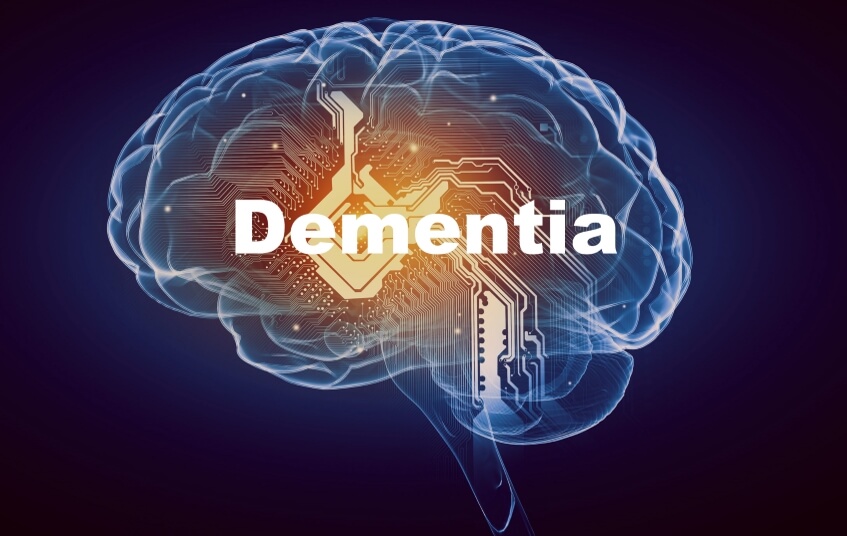
Share
Dementia leading cause of death in women in England
Health Profile for England
Most of us have probably had an older relative or know of someone who has had dementia and know how devastating it can be.
Health Profile for England
Most of us have probably had an older relative or know of someone who has had dementia and know how devastating it can be.
A new report has shown that as the population of England gets older dementia has become the leading cause of death among women, overtaking heart disease, and the second most common cause among men.
Public Health England’s latest report Health Profile for England published on 13th July shows that overall people are living longer with the average age for a man being 79.5 years and 83.1 years for a woman.
The problem with this extra life expectancy is that most of it spent in poor health. With an average of 16.1 years for men and 19.1 years for women spent in poor health.
What is dementia?
Dementia is a syndrome (a group of related symptoms) associated with an ongoing decline of the brain and its abilities (Alzheimer’s is a form of dementia).
Looking at the list below from the NHS, there’s a lot more symptoms than I knew about. This includes problems with:
- memory loss
- thinking speed
- mental agility
- language
- understanding
- judgement
People with dementia:
- Can become apathetic or uninterested in their usual activities
- Have problems controlling their emotions
- They may also find social situations challenging
- Lose interest in socialising
- Aspects of their personality may change
- May lose empathy (understanding and compassion)
- See or hear things that other people do not (hallucinations)
- May make false claims or statements.
- Increasing difficulties with tasks and activities that require concentration and planning
- Depression
- Changes in personality and mood
- Have periods of mental confusion
- Have difficulty finding the right words
Well, the best way to ensure that you have good health when you’re older is to look after it when you’re younger. Pay into your health pension!
But if we are thinking about dementia then there are specific nutrients that we should be having more of.
- Choline - evidence suggests that choline may be significant in preventing memory loss.
- So what foods should you be eating to keep your choline levels up? Your top 5: Liver, eggs, caviar, sardines and gammon.
- Folate - is essential for normal brain function and evidence has shown that elderly people with decreased levels of folate are much more likely to have dementia and short term memory problems.
- (Interestingly one study showed that people with diets high in folate and ‘folic acid’ were associated with increased cognitive decline which could be evidence that synthetic folic acid may be interfering with natural folate)
- So what foods should you be eating to keep your folate levels up? Your top 5: Liver, soya beans, yeast extract, soya mince and baby spinach.
- Flavonoids – higher flavonoid intakes have been shown to significantly reduce the risk of developing dementia later in life.
- So what foods should you be eating to keep your flavonoid levels up? Your top 5: Green tea, red wine, cacao beans, tea and strawberries.
- Omega 3EPA/DHA - studies have shown that a high intake of fish (omega-3) decreases the risk of Alzheimer’s disease and other types of dementia.
- So what foods should you be eating to keep your omega 3EPA/DHA levels up? Your top 5: Mackerel, kippers, salmon, caviar and sea bass.
- Vitamin K1 – higher intakes of leafy greens such as spinach has been shown to significantly reduce cognitive decline. Scientists believe this to be coming from a synergy between vitamin K1, folate, beta carotene (vitamin A) and lutein, all of which are present in leafy greens.
- So what foods should you be eating to keep your vitamin K1 levels up? Your top 5: Swiss chard, amaranth leaves, spinach, spring greens and kale.
- Vitamin B12 - decreased levels of B12 and folate (these two work together) have been shown to increase the chances of developing Alzheimer’s.
- So what foods should you be eating to keep your vitamin B12 levels up? Your top 5: Liver, cockles, kippers, crab and oysters.
- Thiamin – animal studies have shown that thiamin deficiency is linked to Alzheimer’s, suggesting that thiamin could protect against Alzheimer’s.
- So what foods should you be eating to keep your thiamin levels up? Your top 5: Pork, yeast extract, sea bass, orange juice and plaice.
- Olive oil - New research has shown that extra virgin olive oil may be very protective against Alzheimer's.
- Iron – iron is required for normal brain function, however the accumulation of too much iron in the brain can lead to oxidative stress a potential pre-cursor to Alzheimer’s, this is not reckoned to be coming from too much iron in the diet but rather a problem with how our bodies regulate iron (maybe a warning against supplements)
With the age we live to increasing all the time the possibility of this being lived in poor health has increased. To help stave off dementia in old age we should be looking at what we’re eating now to make sure we have adequate levels of all the nutrients needed to stop this dreadful condition.
By keeping a food diary you can ensure that you are getting enough of these nutrients and many more to ensure your overall good health.
CheckYourFood has a simple food diary with an easy to read traffic lights reporting system that will show you at a glance how many nutrients you are getting and highlight those you need to pay more attention to.
Love this? Get blogs and more in your inbox
Subscribe to receive our blogs plus each weeks featured ingredient, recipe and nutrient in your inbox
Thank you for registering

 About nutrients
About nutrients
 All nutrients
All nutrients
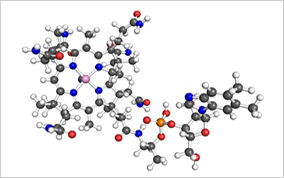 vitamins
vitamins
 minerals
minerals
 phytochemicals
phytochemicals
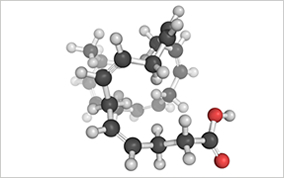 fatty acids
fatty acids
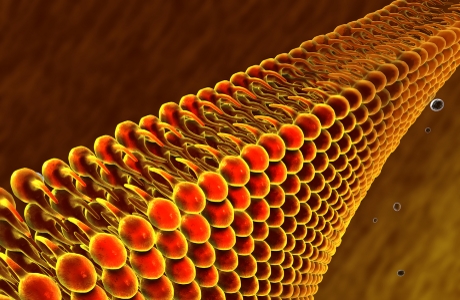 macronutrients
macronutrients
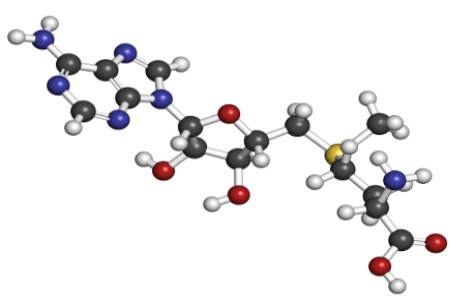 amino acids
amino acids




